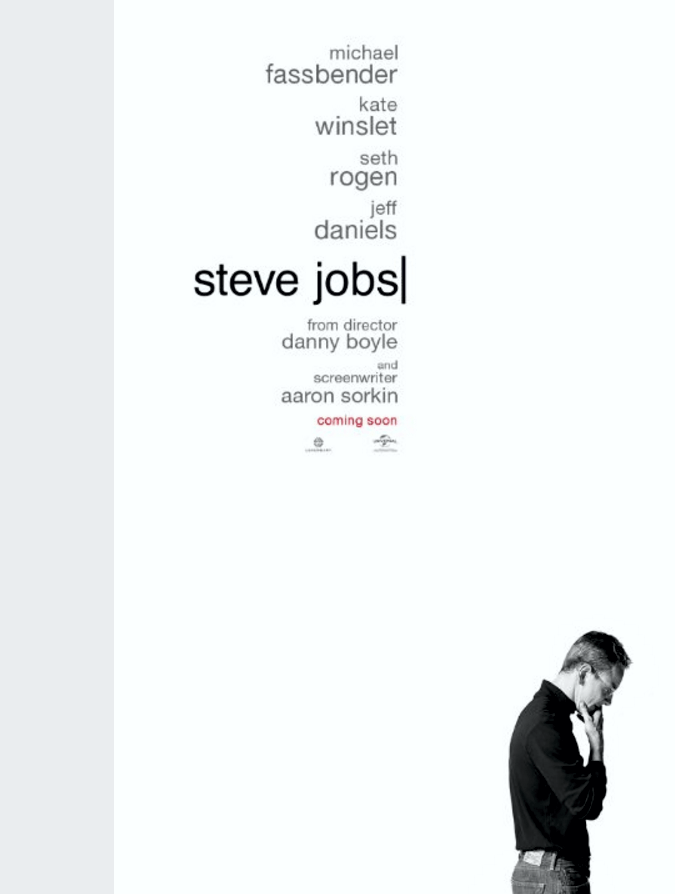Saturday, February 06, 2016 9:43 AM
Struggle, Weep, And sacrifice
Snuggle, Sleep, And love a wife
Burgle, Beat, And stab a knife
Gurgle, Bleat, And laugh at strife
Wiggle, Crawl, Behind the lies
Giggle, Beam, As sun will rise
In the olden times, a man could spend all day chopping wood—and he’d have been a hard-working, responsible adult with profitable employment; a woman could spend a week sewing a single fancy dress—and she’d have been considered quite clever and industrious. Today, either person would be considered to be wasting their time. The Bayeux Tapestry took an army of ladies-in-waiting, through three separate reigns, over many years, to complete—today it could be scanned into a digital loom’s memory and printed out in a few days’ time—possibly a few hours.
Travel was simpler in olden times—it simply wasn’t done. Those few times when anyone left their home for somewhere more than a mile off was called a Pilgrimage—and it was the event of a lifetime. Even in the beginning of the nineteenth century a trip up the Rhine from say, Bonn to Vienna, was a week-long excursion that took the form of a traveling celebration—I learned this today from reading a biography of Beethoven which describes just such a journey. Before trains (and then cars) travel was, and had always been, at a walking pace—nobody ran, and a team of trotting horses was considered positively speedy.
Communications were only possible within shouting distance—anything further off, and you had to write a note and have someone carry it to the person you wished to speak to. Medicine was as famous for its frauds and failures as for its rare successes. In short, life was simpler. The question that harries me is this: is life required to be simple? Are people who evolved to chop wood and sew their clothes capable of being happy in a world of traffic-jams, I-phones, and 3D-printers?
The popularity of Zumba classes speaks to our need to go out of our way to find some semblance of the exertion that our bodies have evolved to expect—exertion that our bodies, to some extent, need to remain healthy. The popularity of Zen, Yoga, and meditation speaks to our need for quietude—and to how difficult it is to find in our modern lives. Our interest in gourmet cuisine shows that even when food can be prepared in seconds, we are happier when we can make a production of its preparation, and a ritual out of its serving and its consumption.
The entire human race is, to some extent, being hauled forward through time, like a child being marched down the sidewalk by an impatient parent. We are given no time to appreciate our surroundings, no time to contemplate our simple existence, and no escape from the arcane complexities that our lives have come to contain. When we began to rebel against the childish despotism and the simple-minded morality of past centuries, we also began to distance ourselves from our childish nature. Today’s pre-pubescent middle-schooler has more sophistry than the most jaded courtesan of a few hundred years ago—and while that includes the blessing of women’s liberation, it also requires a maturity that may exceed our natural limits.
Complexity and self-control are assumed by the heralds of Progress—it’s taken for granted that, if man can create automobiles, for instance, then man is capable of using automobiles correctly. Highway safety statistics put the lie to that assumption—even after we’ve created protocols for testing, licensing, and registering drivers—and created highway patrols to enforce safety regulations. Weapons offer another example of technology being embraced without any thought for its dangers—as do drugs, banks, and computers. All of these ‘wonders’ present us with as many risks as benefits. Hence the growing complexity.
Only a student of history can envision how completely modern civilization has severed itself from its roots. Humans used to be fairly fancy animals—we had risen above bestiality, but we still bustled about with simple tools—we were animals that had found a few handy shortcuts. Today’s human can go for years without leaving a paved surface, a home, or an office—they never have to plant anything, dig anything, or exert themselves in any way—yet their food will be cooked, their clothes washed, and their homes kept warm (or cool, if needed). Money is involved of course—which means a job is probably involved—but in these times, a job doesn’t mean real work—it means something quite different from chopping wood or making clothes by hand.
This is a philosophical discussion, of course—we are well past the global population size that could have been supported in olden times, using man-power-based agriculture and transportation—so it goes without saying that we can’t go back. There’s no need to point out that I would be uncomfortable without the luxury of running water or flush toilets—I’m not unconscious of the blessings of modern life—nor is there any need to point out that democracy and free speech are an improvement over absolute monarchies or theocracies—I’m actually a big fan of human rights. But it would be jejune to imply that Progress comes without cost—many an immigrant to America has testified to the subtle panic at suddenly realizing total personal freedom—the right to make our own decisions is also a heavy obligation.
The strangest part of modern life is that things that once seemed acceptable—natural human impulses—become either impossible or criminal. Whittling was once a popular pastime—someone would pick up a piece of wood and starting carving it with a knife. Nowadays, carrying a knife is considered somewhat belligerent—and finding wood on the ground is a rare thing—and the pile of shavings might even get you a ticket for littering. Spitting used to be a common affectation—spittoons were once profligate, attempting to keep the mess of indoor spitting to a dull roar. People used to be more careless—and far less mature. It was 1920 before anyone even recognized that excessive drinking was a problem—and then, of course, we overreacted—childishly.
Are people still childish at times? Of course they are. My question is should we expect humanity to be as adult as a modern civilization requires them to be? I suspect we have over-reached ourselves. If we consider the sophistication of global issues in modern times—and contrast them with the regressive attitudes of the Republican party—we see a picture of hosts of immature, thoughtless people railing against the constraints of modernity—they want a return to conformity, bigotry, and dogma—and while we may all agree that they are wrong, we must still ask the question: are we asking too much of the human race as a whole?
When Einstein first published his Relativity work, it was famously incomprehensible. When Turing first published his work on automated computing, it too was beyond the understanding of people. Both Einstein and Turing had insights so profound that even the best and brightest of their peers had trouble comprehending them—and the public at large was left with buzz-words and jokes about relativity being gobbledy-gook. And Turing wasn’t helped by having his work kept secret for fifty years—Einstein was fortunate to have achieved his fame before the atom bomb made his work a state secret. And even before the bomb, public opinion was encapsulated in “As Time Goes By”, written by Herman Hupfeld in 1931, which includes the lyric “Yet we get a trifle weary with Mr. Einstein’s theory. So we must get down to earth at times, relax, relieve the tension…”
And let’s face it—while far simpler, Edison’s electric dynamo, the combustion engine, and even Watt’s primitive steam engine, while familiar to us in concept—are also beyond the ability of most people, myself included, to explain in any detail. We are surrounded by mystery—reassured only by the assumption that if we studied engineering, we could probably understand these things. But that doesn’t change the fact that only one in a million people truly understands how most of our technology really works. It works—is the most we know about most things.
Our Constitution, while not technological, is also a complex invention that most people do not fully understand. And I’m not talking about internecine debates in the Supreme Court over fine legal points—I’m saying that too many of the people who live by, or at least under, our Constitution don’t have a firm grasp of its basic points. The fact that the world’s greatest democracy also enjoys the lowest voter turnout per capita for its elections is just one of the failings I could place in evidence. The evangelicals’ lobbying for theocratic legislation is another. These people obviously have no understanding of the system. Conservatives used to do their best to suppress free speech—reaching a high-water-mark during the red scare of the McCarthy Era—now, neo-cons have flipped the script, embracing ‘free speech’ as a license to ignore the rules—the so-called ‘teaching of the controversy’. But dumb is still dumb.
People are dumb. We are children—I’m sixty years old and I still have to remind myself to act like an adult. While I would never advocate giving in to the regressives, I think we need to ask ourselves—how far can we push ourselves in certain avenues while merely maintaining the status quo with others—or more to the point, pretending that there are no other avenues? We can push ahead with technology and social change—but if we don’t match that with some progress in pluralism and income equality—if we don’t delve as deeply into the quality of human nature as we do into changing the ways we live—we court chaos—and disaster. The hell with courting it—we live in chaos, on the edge of global disaster. And it seems to me we don’t have the sense to even ask ourselves why.
It’s the proverbial modern dilemma—how do you fix a car while you’re driving it down the freeway? Stopping, much less going backwards, is not an option. I believe we need to broaden our understanding—to go beyond economic absolutism, beyond political demagoguery—to seek working compromises between personal liberty and social support programs—between ownership and responsibility for others. We need to envision a world without starvation and war and slavery—and ask ourselves: how do we get there from here without dropping a stitch? And most importantly—how much do we need to ask of ourselves to get there—and do we have that much to give?
Like this:
Like Loading...































